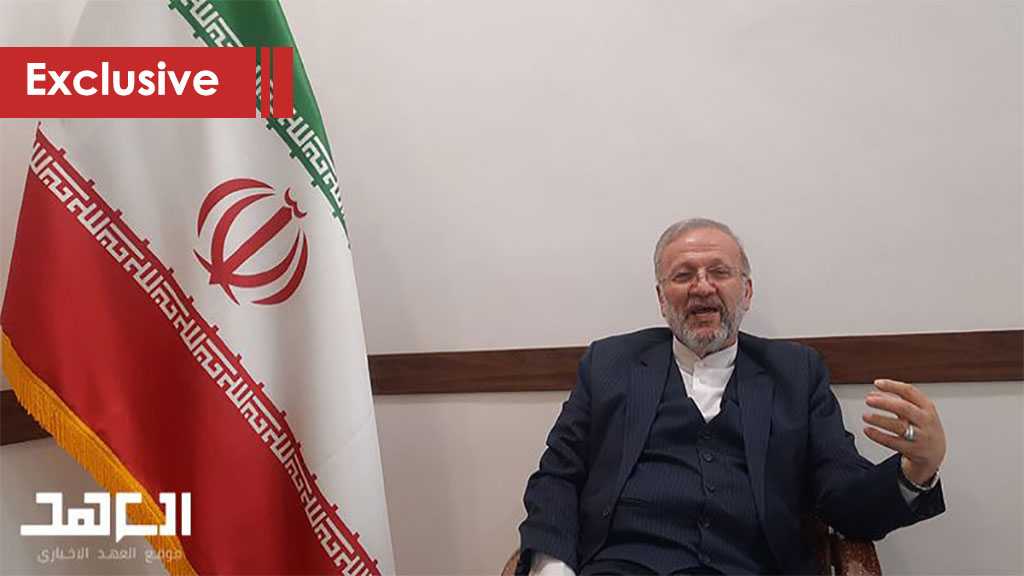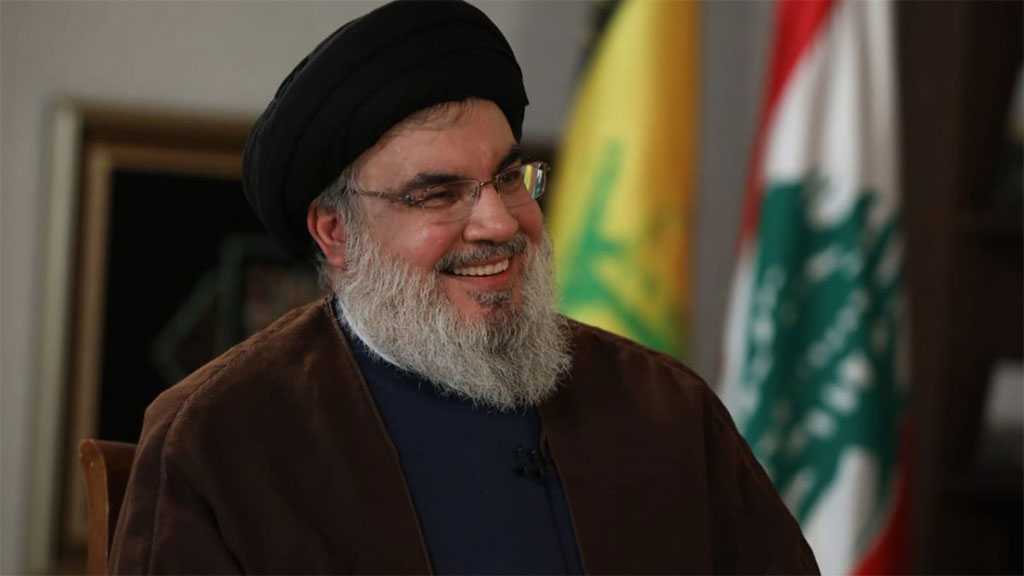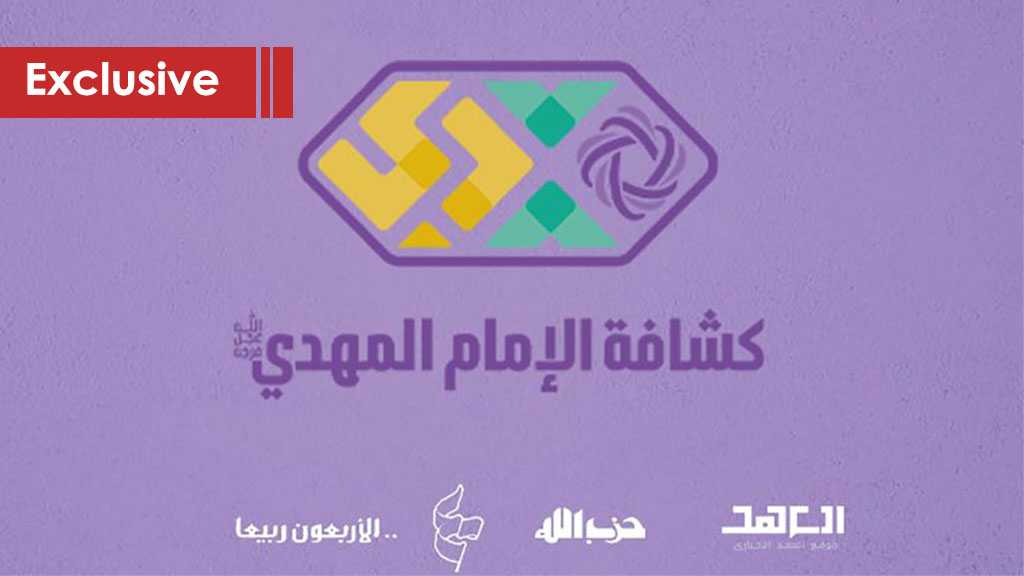Behind The Scenes Of The July 2006 War on Lebanon

By Mokhtar Haddad
Tehran - August is a big month for Hezbollah as the resistance movement marks both the 40th anniversary of its founding or the Forty Springs, and the anniversary of the 2006 victory over “Israel.”
There is still a lot the world doesn’t know about the latter, which is why Al-Ahed News sat down with former Iranian Foreign Minister Manouchehr Mottaki and gained interesting insights into what transpired behind the scenes 16 years ago.
Mottaki was Tehran’s top diplomat during the 2006 “Israeli” aggression. He reveals the circumstances of his presence in Lebanon during the war, and talks about a phone conversation between him and Hezbollah Secretary General His Eminence Sayyed Hassan Nasrallah and the commander of the Quds Force martyr General Hajj Qassem Soleimani.
Mottaki also underscored Iran’s firm support for the resistance movements based on the principles of Islam that were established by Imam Ruhollah Khomeini following the triumph of the Islamic Revolution in Iran.
July 2006: Saudi Arabia is a political arm of the aggression
Mottaki begins by recounting an important conversation he had in the early days of the war.
"At the beginning of the barbaric aggression, I called Saudi Foreign Minister Saud Al-Faisal at the time, and I spoke to him about the aggression and about this part of Lebanon being attacked, assaulted by the enemy, while heinous massacres were perpetrated.
I told him that something must be done, and the Arabs and Muslims must move and hold an Islamic conference and another in the League of Arab States to discuss a response to the Zionist aggression.
The answer he gave me was that ‘Hezbollah is gambling in the region.’
His response proved to me that Saudi Arabia was fully aware of this attack and was preparing for it. While Hezbollah was enduring a Zionist military aggression, Saudi Arabia was providing the political groundwork for this aggression.”
Mottaki in Lebanon and contact with the leadership of the resistance
Asked about how he risked his life to visit Lebanon during the aggression, Mottaki said, "The Iranian Supreme National Security Council at the time – which was reviewing the developments of the Zionist invasion of Lebanon on a daily basis – agreed that the Minister of Foreign Affairs would visit Lebanon. The Secretary General of the Council at the time, Dr. Ali Larijani, informed me of this decision. We immediately prepared for the visit and headed to Syria. From there, we headed to Beirut by land.”
Upon his arrival in Beirut, Mottaki's first order of business was to see the battlefield report, and accordingly, he established contact with the leadership of the resistance.
"I was able to have a telephone conversation with His Eminence Sayyed Hassan Nasrallah and the martyr Lieutenant General Hajj Qassem Soleimani, who was accompanied by Sayyed Nasrallah at the time. They told me that things were under control, and we had complete superiority on the battlefield. They also assured me that the resistance would be victorious in this war, because the Zionist entity could not defeat us in this guerrilla warfare.”
On that visit, Mottaki carried with him to Lebanon "the decision of the Supreme National Security Council to declare the Islamic Republic's support for the resistance and the Lebanese government in the face of the Zionist aggression. Our position was clear, and I delivered it to the then Lebanese Prime Minister, Fouad Siniora. The message to the resistance was that we stand by you in all fields.”
Between the battlefield and negotiations
Mottaki also touched on the differences between French and British diplomacy.
"The British wanted to communicate with us during the aggression, but we did not have any direct contact with them.
They lacked accurate information, so they miscalculated the capabilities of the resistance. Therefore, when they sensed the steadfastness of the resistance, they became tense and fearful. As for the French, they were more active and realistic in this regard. They came to Lebanon and expected the course of things, and when I met the then French Foreign Minister Mr. Douste-Blazy in Lebanon, the focus of my discussion with him revolved around convincing France that "Israel" will not win this war. As soon as they realize this fact, it makes a big difference."
The former Iranian foreign minister believes that "this war changed the course of things, especially after it led to the defeat of the Zionist entity and the victory of Hezbollah."
He points out that "at the beginning of the war, the Zionists managed to convince the Americans that the war would go in their favor and that they would destroy Hezbollah once and for all. That is why they refrained until the middle of the war from participating in any initiative to stop it, waiting on the aggression to be resolved in favor of Tel Aviv."
Hajj Qassem and the Ummah
Mottaki recalls a meeting, which was held in the holy city of Mashhad in the presence of Major General Soleimani.
"Grand Ayatollah Imam Sayyed Ali Khamenei was in Mashhad, and Hajj Qassem came at that time from Beirut. A number of officials attended to meet the Imam. Hajj Qassem had a battlefield map in his hand. He explained the latest developments in the field during the war with the Zionist enemy. He conveyed a message from Imam Khamenei addressing Sayyed Nasrallah and the resistance. The letter read: ‘Tell our friends and brothers in Lebanon to recite Dua al-Jawshan.’ The supplication had a great impact on the situation on the ground. This meeting with the Imam was unique, where all officials of different ranks were personally present.”
"It will take years and years for our people first, then the peoples of the region and the world to realize the value and role of Hajj Qassem Soleimani,” Mottaki added.
"Hajj Qassem was the defender of the Ummah who had the interests of his brothers, his countrymen, and fellow human beings at heart.
“Hajj Qasim was the beacon of justice and the preserver of justice in the world. Hajj Qassem was the enemy of the unjust regime that controls the political and international relations in the world. He believed that jihad for the sake of Islam is the highest thing in life, and there is nothing above Islam.
He believed that the school of Islam was comprehensive, complete, and obligatory to manage human societies. Hajj Qassem believed that if two people are companions in the same direction, then one must be the emir of the other. Therefore, he strongly believed that society needs a just, righteous leader and jurist, so he considered that Wilayat al-Faqih is the centerpiece of the cohesion of human societies.
Hajj Qassem was convinced that Wali al-Faqih’s belief in the people was not just a belief based on the contemporary democratic style, but rather an ideological belief stemming from the bottom of the heart. Hajj Qassem believed in these constants with his entire being.”
Mottaki concludes his interview with Al-Ahed by referring to the final years of Lieutenant General Soleimani's life.
"In the final years of his life, Hajj Qassem was not interested in anything from this life. He did not cling to it, and he was seeking martyrdom and departing to the other world to see the one and only deity. The last years of his life are the best evidence of his longing for martyrdom, and he fulfilled his dream.”
Comments

![Gen. Soleimani: Sayyed Nasrallah’s Entire Existence Is Sincerity… I Love Him [Documentary]](https://english.alahednews.com.lb/uploaded2/images/20220908122823.jpg)

![Hezbollah: Forty Dimensions of Uniqueness In Local & Regional Contexts [1/3]](https://english.alahednews.com.lb/uploaded2/images/20220826085658.jpg)
